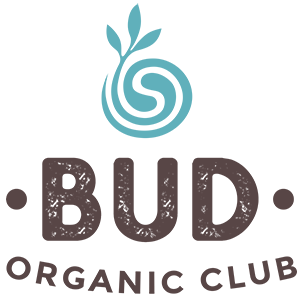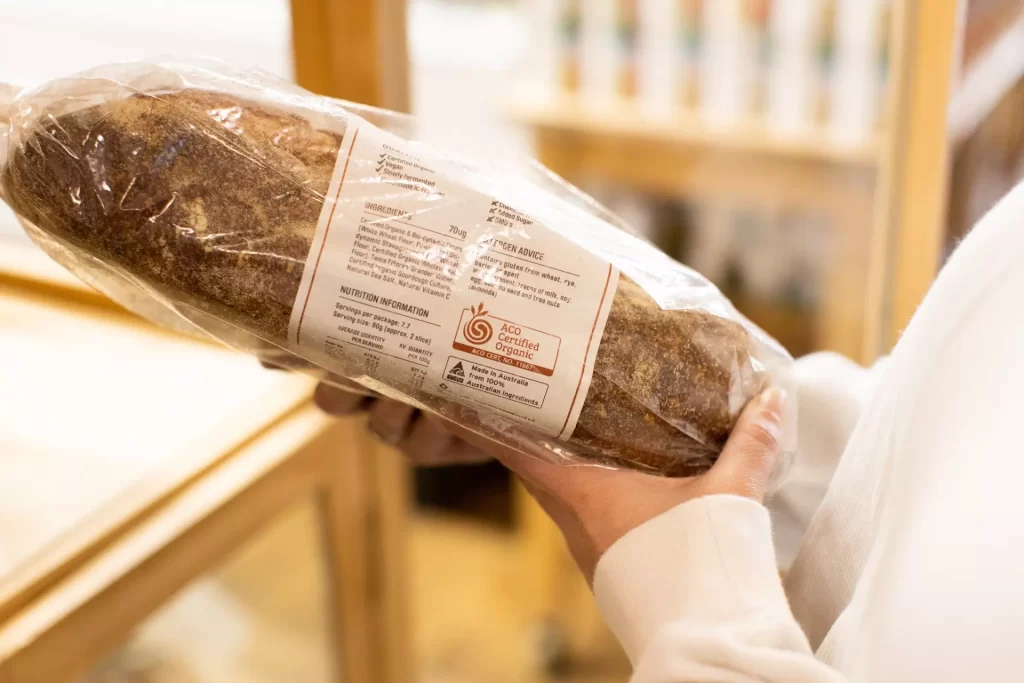Bread is a staple household item and one of the most consumed foods around the world, with Australians spending a total of $89.6 million per week on bread. A lot of work goes into bringing this delectable and popular product to consumers.
The making of bread starts at the growing of the grain (wheat, rye, spelt etc.) on farm. Once harvested, the grain is cleaned (unwanted seeds removed) and is ground into flour by the miller before arriving at the bakery. This flour is combined with water, salt, yeast (or sourdough starter), to create the beautiful loaves we buy in the shops. But what does it mean for this process to be organic?
When it comes to bread, organic certification is all encompassing. It covers everything from production to transport, milling, processing and retail aspects of bread. But why is it so important to consider organic bread products for you and your family?
What about non-organic bread?
A recent study in the UK found nearly 60% of bread samples had two or more pesticide residues present, with five of the eleven different pesticides in bread samples directly linked to cancer. The most common one is glyphosate, which is often used to terminate and dry out the grain before harvesting, leading to high risk of residues on non-organic consumer goods.
Is this where the chemicals end? The answer is no. Insecticides, such as phosphine fumigants, are used to control weevils and other grain-boring insects while the non-organic product is being stored.
There are a number of chemicals and synthetic ingredients that are used to impart different qualities in conventional bread and increase its shelf life. Organic flour isn’t bleached or bromated. Bleaching removes many valuable vitamins and minerals from the flour, while the addition of benzoyl peroxide, potassium bromate or chlorine in non-organic flour is to compensate for the reduced aging process. Potassium bromate has been linked to kidney damage and cancer in some studies.
What’s more, a range of emulsifiers and other preservatives are added to non-organic products to improve their shelf life.
What does this mean for organic consumers?
Don’t lose all faith in bread just yet!
Organic flour is milled from grain grown without the use of synthetic nitrogen and toxic pesticides. Organic producers use refrigeration, carbon dioxide or other natural alternates to control potential pests during the storage process. Organic flour is not bleached and is aged naturally after the milling process, conserving the nutrient profile without the use of harsh chemicals. Potassium bromate is not allowed, and while organic products may have a shorter shelf life you can avoid all the potential nasties associated with non-organic breads and their long expiry dates.
So the next time you go to pick up a loaf of bread, consider going organic. Choosing to eat organic bread can minimise your exposure to unwanted chemicals and can be more nutritious for you and your family – not to mention that it tastes better! Keep on eye out for the Australian Certified Organic ‘Bud’ logo when purchasing organic bread products!
Organic Bread Glossary
Bromate: An oxidising agent used to strengthen dough and enhance its elasticity, identified as a possible human carcinogen.
Emulsifiers: Food additives are used to prevent ingredients from separating. In breadmaking, emulsifiers may be used to strengthen the dough and delay bread staling.
Phosphine Fumigants: An insecticide used around the world to control insects (including weevils) in grains, seeds, flour, plant products and prepared foods.
Glyphosate: A non-selective herbicide used to control a wide variety of leafy weeds. ‘Roundup’ is perhaps the most widely recognised glyphosate-based herbicide.

Did you know that Indigenous Australians have been making organic bread for thousands of years? Damper, also known as bush bread or seedcake, is made by crushing a variety of native seeds, nuts and roots into a dough which is then baked over a fire.


